The Writers Guild of America (WGA) wants to limit the use of artificial intelligence in writing movies and TV shows. Hollywood studios, struggling to capitalize on streaming services and cope with dwindling advertising revenue, have resisted the demands and said they are willing to discuss new technologies once a year, according to the union.
A spokesman for the Alliance of Motion Picture and Television Producers, an organization that represents studios in contract negotiations, did not comment.
Controversies surrounding artificial intelligence were among the issues that led Hollywood film and television writers to strike on Monday, the first mass strike in 15 years.
While artificial intelligence is just one of the issues on the WGA's negotiating agenda, the role of artificial intelligence will impact the future of the entertainment industry for decades to come.
Writers have two main concerns about artificial intelligence, said screenwriter John August, a member of the WGA's negotiating committee.
“We don't want the scripts we write to be used in AI training, and we don't want to have to sit and edit their initial drafts.”
Artificial intelligence is a multifaceted, constantly evolving technology that is sweeping across many industries around the world .
In Hollywood, AI has been used to erase wrinkles from aging actors' faces, mask swear words from actors, and even create animated short films with the help of OpenAI's Dall-E, an AI application that can create realistic images. Some writers have begun experimenting with using AI in screenwriting.
“The Last Stronghold”
“The problem seems to be that we have assumed that human creativity is the last frontier that AI can’t reach, the frontier that prevents machines from taking over human jobs,” said Mike Seymour, co-founder of the Motus Lab at the University of Sydney, who has worked in the visual effects and artificial intelligence industries and has spoken to several studios. “I think this is just an unfounded view that has become embedded in the collective consciousness.”
AI can help writers “break the blank slate,” Seymour said, and he also thinks they’re good at “writing mime,” a phrase he uses to imply that AI is good at writing straight dialogue, even if it’s not nuanced.
“I don’t believe that artificial intelligence will become super-intelligent and be able to write works like ‘Citizen Kane,’ because that idea is absurd,” he said.
Writers fear they will be sidelined or at least not paid enough royalties.
“Artificial intelligence can only write patchwork scripts,” said Warren Leight, a screenwriter who served as executive producer and director on NBC’s “Law & Order: SVU.”
“Instead of hiring a writer to write the first draft, studios will hire them to write a second draft and pay them less. We want to prevent that from happening in the first place.”
The association argues that manuscripts written by artificial intelligence applications like ChatGPT cannot be considered “literary material” or “source material,” concepts defined in their contracts.
In practice, this means that if studio employees give screenwriters a script that an AI has written for revision, they will not be allowed to pay the writers a lower royalty rate for rewriting or polishing the script.
The association also requires that pre-existing scenarios not be used in training artificial intelligence, a move that could open the door to intellectual property theft.
“We call it the ‘Nora Ephron Problem,’” said Mr. August. “Imagine if studios trained AI on Nora Ephron’s scripts, and asked them to write comedies in her style. Our proposals aim to prevent that from happening.”
WGA chief negotiator Ellen Stutzman said some of their members call artificial intelligence “plagiarism machines.”
“We have made reasonable suggestions that companies should decouple artificial intelligence from the film and TV writing industry, not try to replace writers.”
Nguyen Quang Minh (According to Reuters)
Source




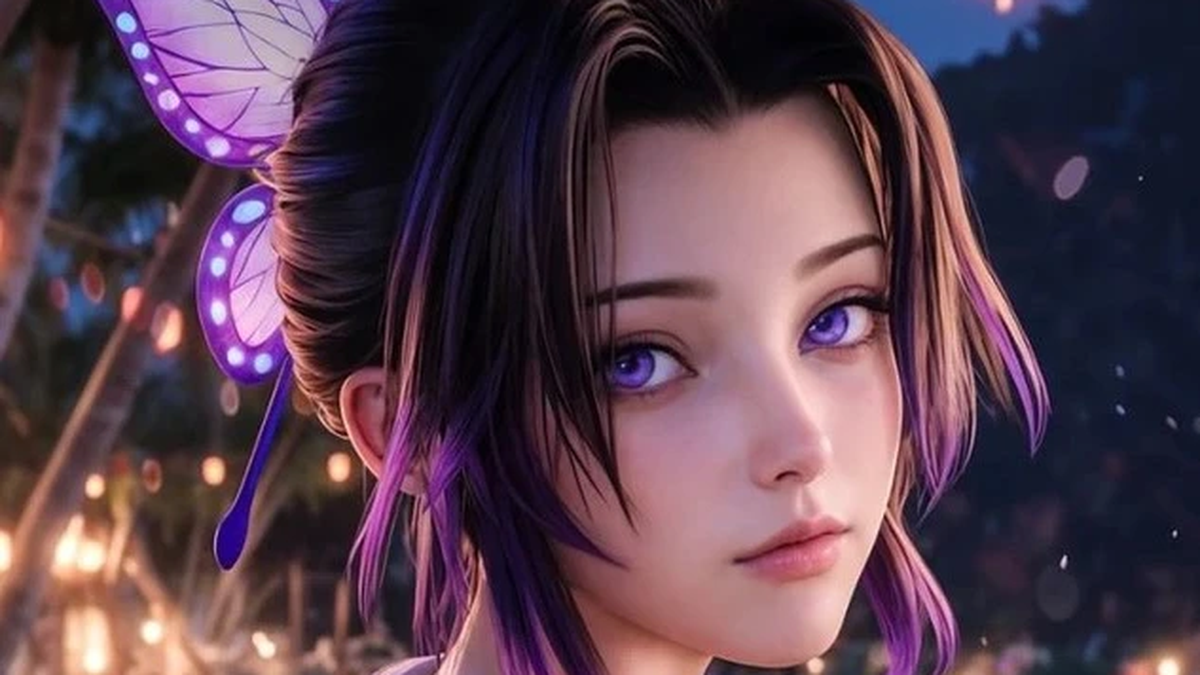
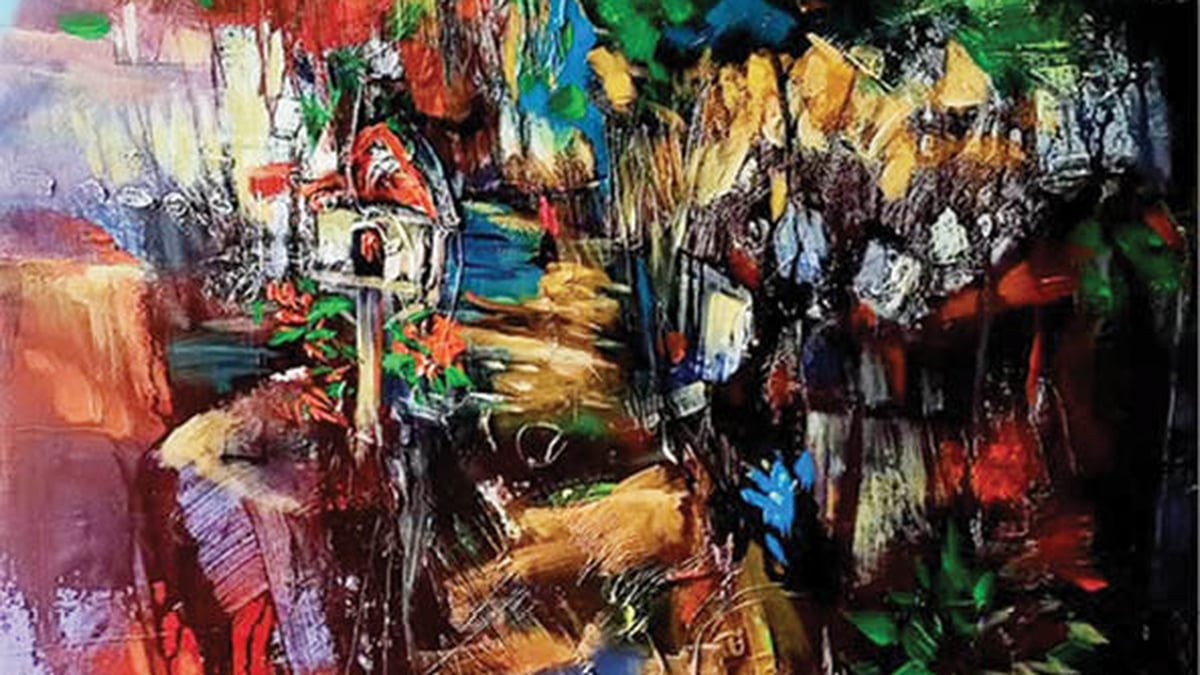
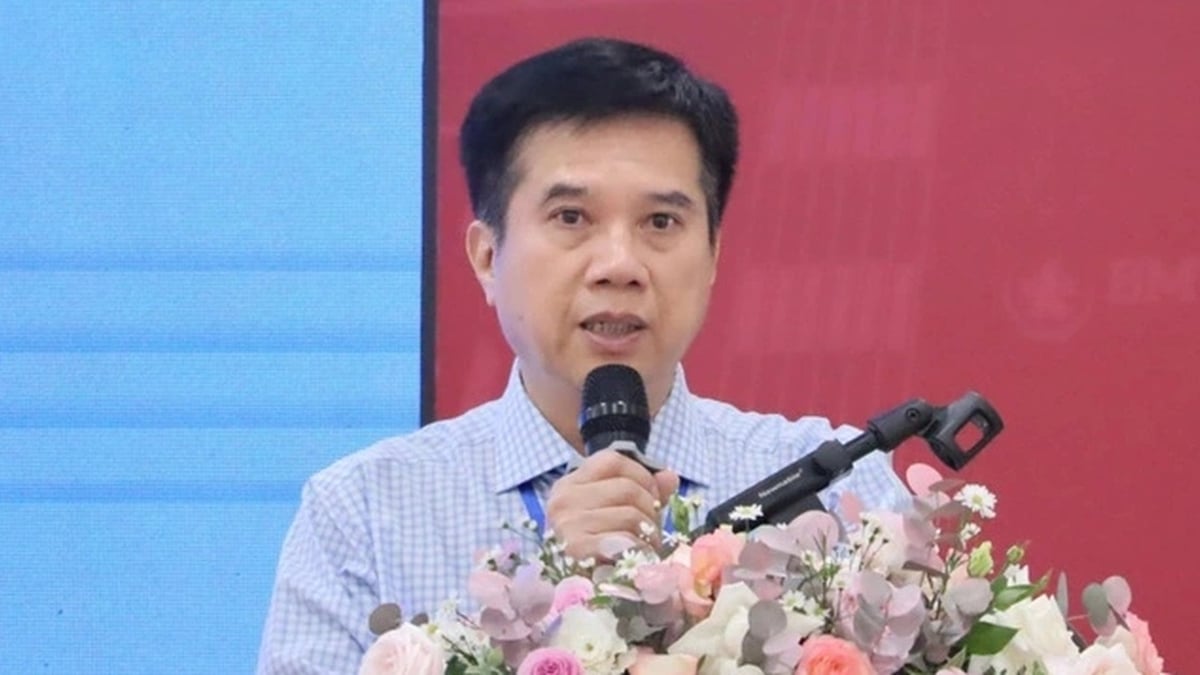


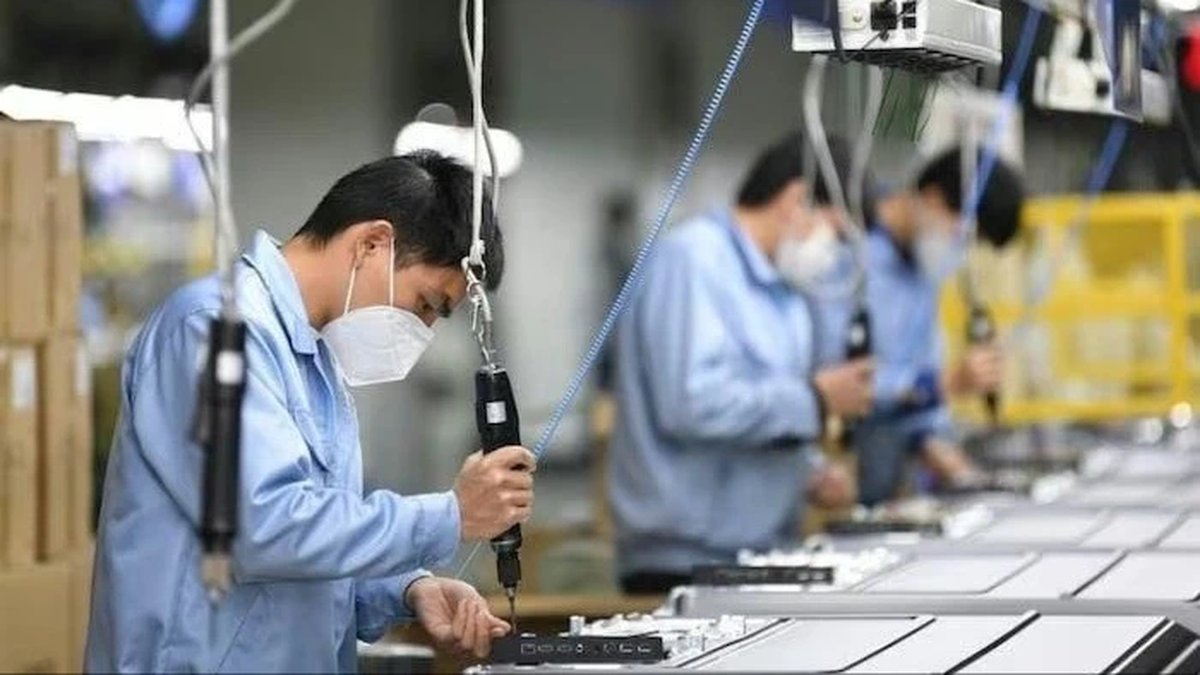
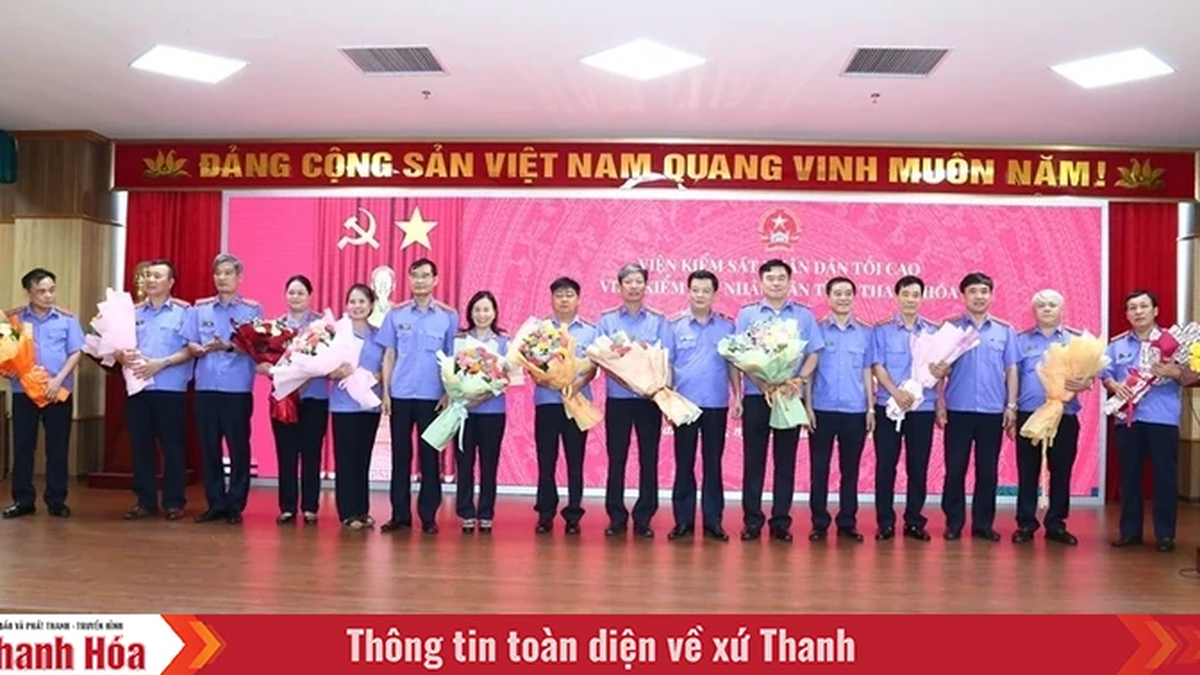
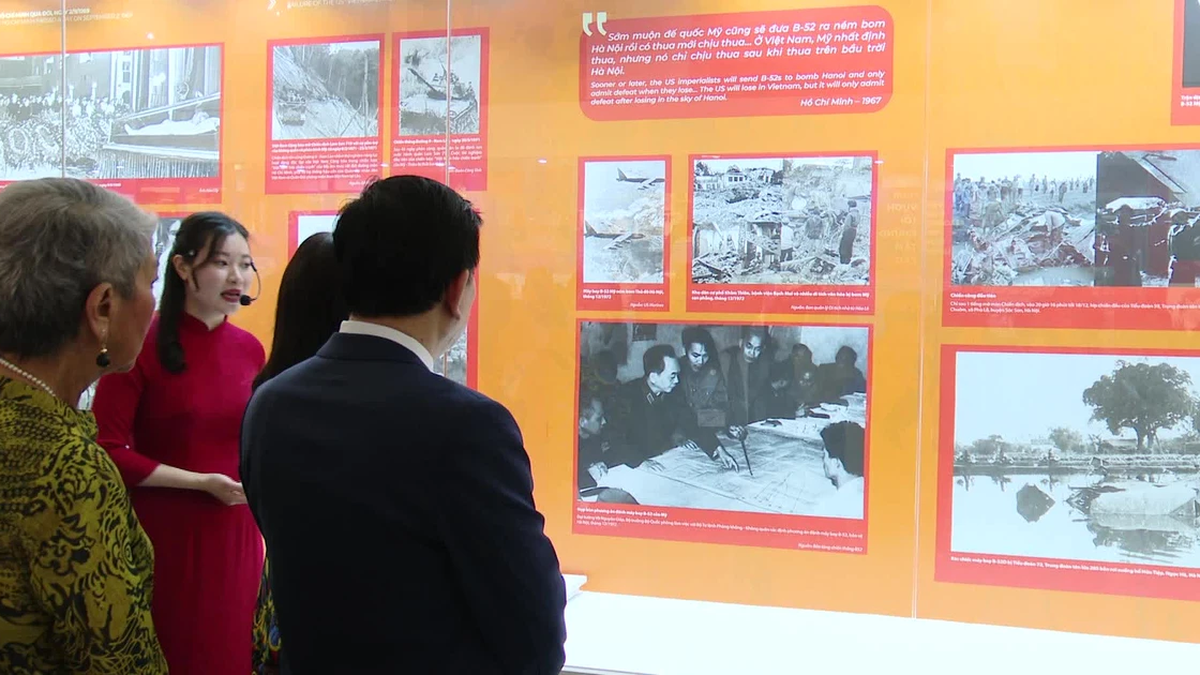























































































Comment (0)